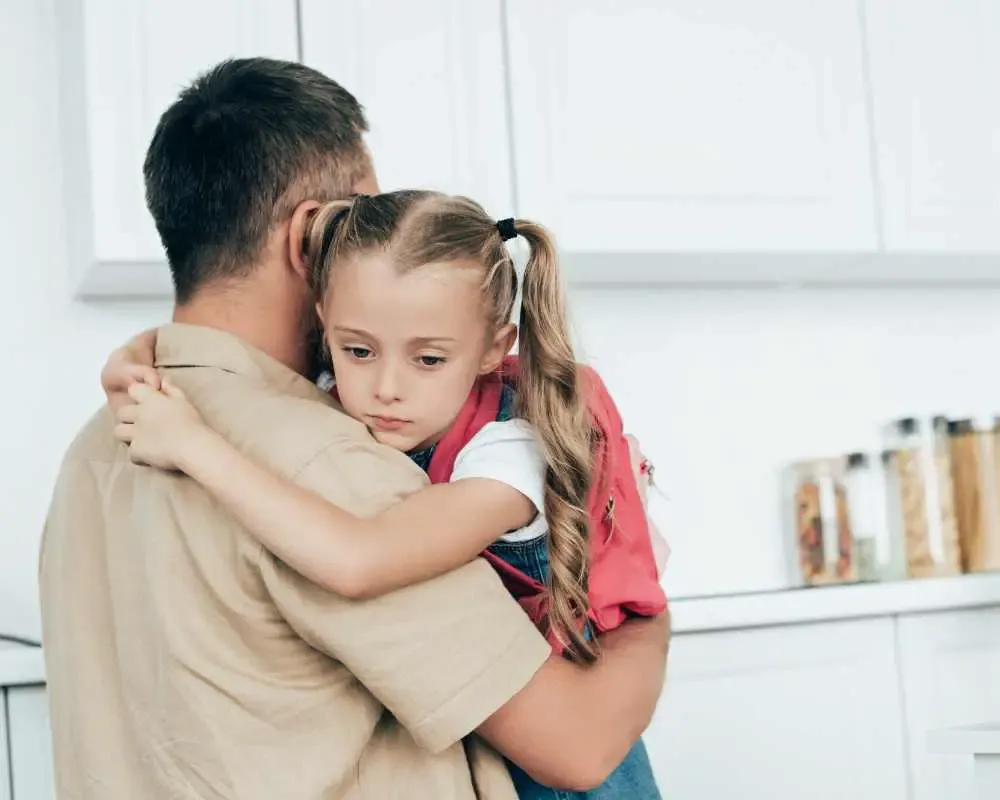Spaghetti carbonara can seem like a daunting meal to make, as pretty much everyone has their own way of doing it – and they all insist their method is the best. Well, you can add us to the list, as we truly do have a simple yet delicious spaghetti carbonara recipe. With a blend of some parmigiano-reggiano, a bit of pecorino romano, and a whole lot of guanciale, this recipe is the clear winner for perfect spaghetti carbonara.
Ingredients
- 4 quarts water
- 1 teaspoon black pepper
- 4 ounces guanciale, cut into 1/4-inch pieces (about 3/4 cup)
- 5 large egg yolks
- 2 large eggs
- 3 ounces Pecorino Romano cheese, grated
- 2 ounces Parmigiano-Reggiano cheese, grated
- 3 tablespoons kosher salt
- 1 (16-ounce) package of spaghetti
Instructions
- Bring 4 quarts of water to a boil over high. Cook guanciale over low, stirring often, until lightly browned, the fat is mostly rendered, and the guanciale feels crisp with a bouncy texture when squeezed. This should take roughly 10 minutes.
- Put the pepper in a bowl, and pour 3 tablespoons of guanciale drippings over it. Stir in the egg yolks, eggs, and cheeses until blended.
- Add salt to the pot full of water, and boil over high. Add pasta to the pot, and cook according to the package’s directions.
- Scoop out 1/4 cup cooking liquid roughly 1 minute before the pasta is finished. Pour it into the egg mixture, and whisk until it’s mixed and the sauce is loosened.
- Transfer the pasta to the egg mixture. Toss the pasta until the cheese is melted and the sauce thickens slightly and coats the pasta. This should take roughly 1 minute.
- Serve immediately, and top with crisped guanciale, pepper, and grated pecorino romano.
Enjoy!
Things Parents Can Do When Their Child Is Reluctant to Attend School
Throughout their school life, children have a myriad of experiences, including those days when they just don’t want to go to school. This can have a range of reasons behind it, from exhaustion, and anxiety to worry about losing out on all the fun. Whatever the reason, it is a normal reaction that some days children avoid school. During such days, there are a number of things that parents can do to support their children.
Take Your Child’s Reason Seriously
Just like adults, children can also have bad days, which is normal. However, if they are refusing to go to school too frequently, there might be a reason for concern. This reason, be it learning differences, bullying, emotional and social issues, or any such thing, has to be interacted with in such a way that the child feels heard and understood.
Make Things Boring
Sometimes, children might want to stay home because it is much more fun than going to school. It can be because they have to follow a certain behavior or engage in certain activities that they rather not do. So, parents can take the initiative to make the home environment more boring so that they themselves would want to go to school.
Speak to Their Teacher
Sometimes, it becomes important to talk to your child’s teacher about any incidents that occurred at school. This is because sometimes, your child might not be able to effectively communicate about the issues they are facing either out of inability, fear, or any other such obstacle. In such cases, speaking to their teacher can help get to the actual cause behind their reluctance to attend school.
Note Their Fears

While we may now think that school is low-key and easy, for children going to school, it might be daunting. As they progress through classes, they practice new rules and follow different rules, which takes effort and energy. This might be one of the reasons why your child wants to stay home. So, it becomes important for parents to recognize any apprehensions that children might be feeling, leading to them not wanting to go to school.
Look for Deeper Problems
If your child is consistently trying to avoid school due to some form of deep anxiety, fear of being left alone, or any such issue, it might be time to consult a therapist. This might help in aiding your child so that they are able to manage and deal with their childhood anxiety.
